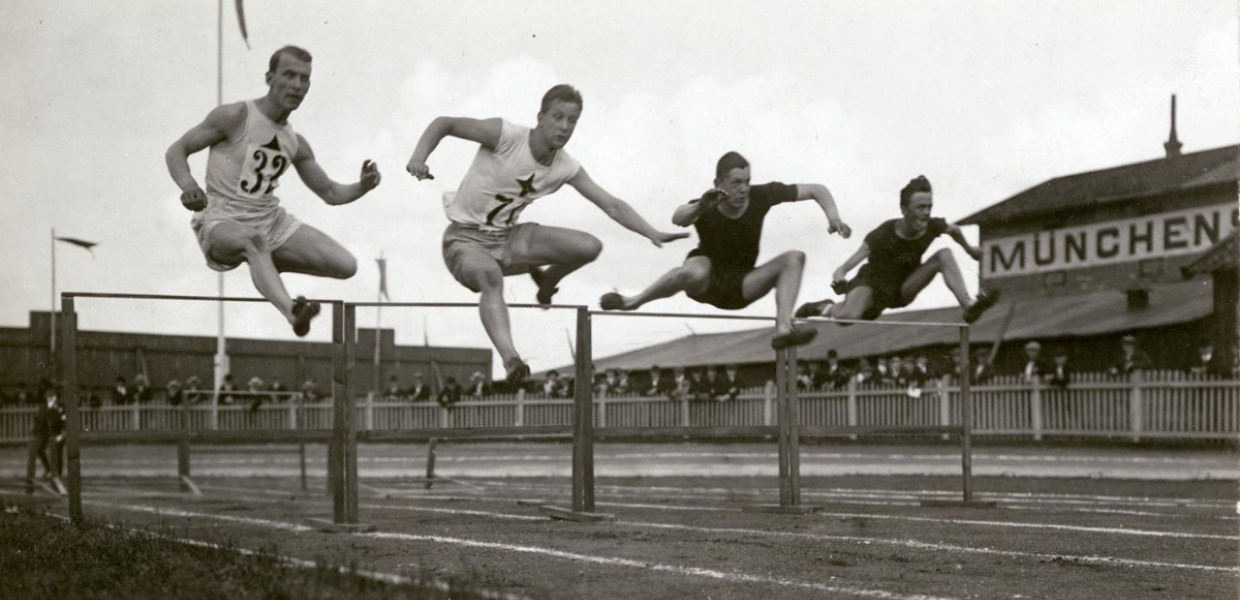Translation sprints for the public domain
The Europeana Public Domain Usage Guidelines and Public Domain Charter are key resources which clarify the importance of the public domain, and can support those advocating in its favour. Towards the end of 2020, we decided that we wanted to make these available to people in more languages, and Europeana‘s Copyright and Communicators communities joined forces with OpenGLAM to make it happen.
Together we organised two translation sprints at the Creative Commons Global Summit (19-24 October) and Europeana 2020 (11-13 November). These gave volunteers a platform to contribute to the translation of core documents relating to the public domain, including the Europeana Public Domain Usage Guidelines and Public Domain Charter, as well as three articles that give an overview of the Open GLAM survey and two articles by Creative Commons: Reproductions of Public Domain Works Should Remain in the Public Domain and Sharing Indigenous Cultural Heritage Online: An Overview of GLAM Policies.
We started by setting up a set of guidelines for translators and promoting the sprints via social media. At the Creative Commons Summit, we even ran a dedicated session to discuss the goals and documents in focus, then gave translators a couple of days to finalise their translations. To encourage people to participate, we also promised to donate a certain amount of the Copyright and Communicators communities’ budgets to the Arab Image Foundation for every translation we received. The Foundation unfortunately suffered substantial damages due to the devastating explosions at the Beirut port on 4 August 2020. This hopefully motivated translators to engage more, and multiplied the positive impact of our participants' efforts! This donation is now being processed.
The results
We were delighted with the results of the translation sprints, which are available for everyone to access and enjoy.
The Europeana public domain usage guidelines were translated into 18 languages (Bulgarian, Catalan, Croatian, Dutch, Finnish, French, German, Greek, Hungarian, Indonesian, Italian, Polish, Portuguese, Romanian, Russian, Serbian, Spanish, Ukranian), which are available through the Europeana website (change the navigation language to see the other versions) and the folder below.
The public domain charter was translated into four additional languages (Catalan, Croatian, Portuguese, Bulgarian), and we took the opportunity to give it a brand new look. Check it out here.
The article ‘Reproductions of Public Domain Works Should Remain in the Public Domain’ by Claudio Ruiz and Evelin Heidel was translated into French, Indonesian, Finnish and Hungarian.
The article ‘Sharing Indigenous Cultural Heritage Online’ by Brigitte Vézina and Alexis Muscat was translated to Romanian, French, Spanish and Italian.
The article 'Uncovering the global picture of Open GLAM' by Douglas McCarthy was translated to Romanian (the whole series) and to Greek, Portuguese and Finnish (the first introductory article).
Making these documents available in multiple languages gives more professionals in the cultural heritage access to information and support on these topics, and provides them with resources to advocate for and defend the public domain. It celebrates the cultural wealth that our languages represent and helps us include more people in our activities and advocacy.
We were also hopeful that such an activity would help to raise awareness of this key documentation, not only among those who will benefit from the translations, but among the translators themselves. We saw a good example of this on Twitter during the Digital Aperitivo organised by the Europeana Communicators Community at Europeana 2020!
Get involved
We would like to thank again everyone who participated in these sprints for the commitment they have shown to communicating the public domain in a diversity of languages. If you wish to continue translating the documents or review any of the available translations, please reach out to me via email ([email protected]). To get involved in more activities like this, join the Europeana Communicators and Copyright Communities through the Europeana Network Association.


